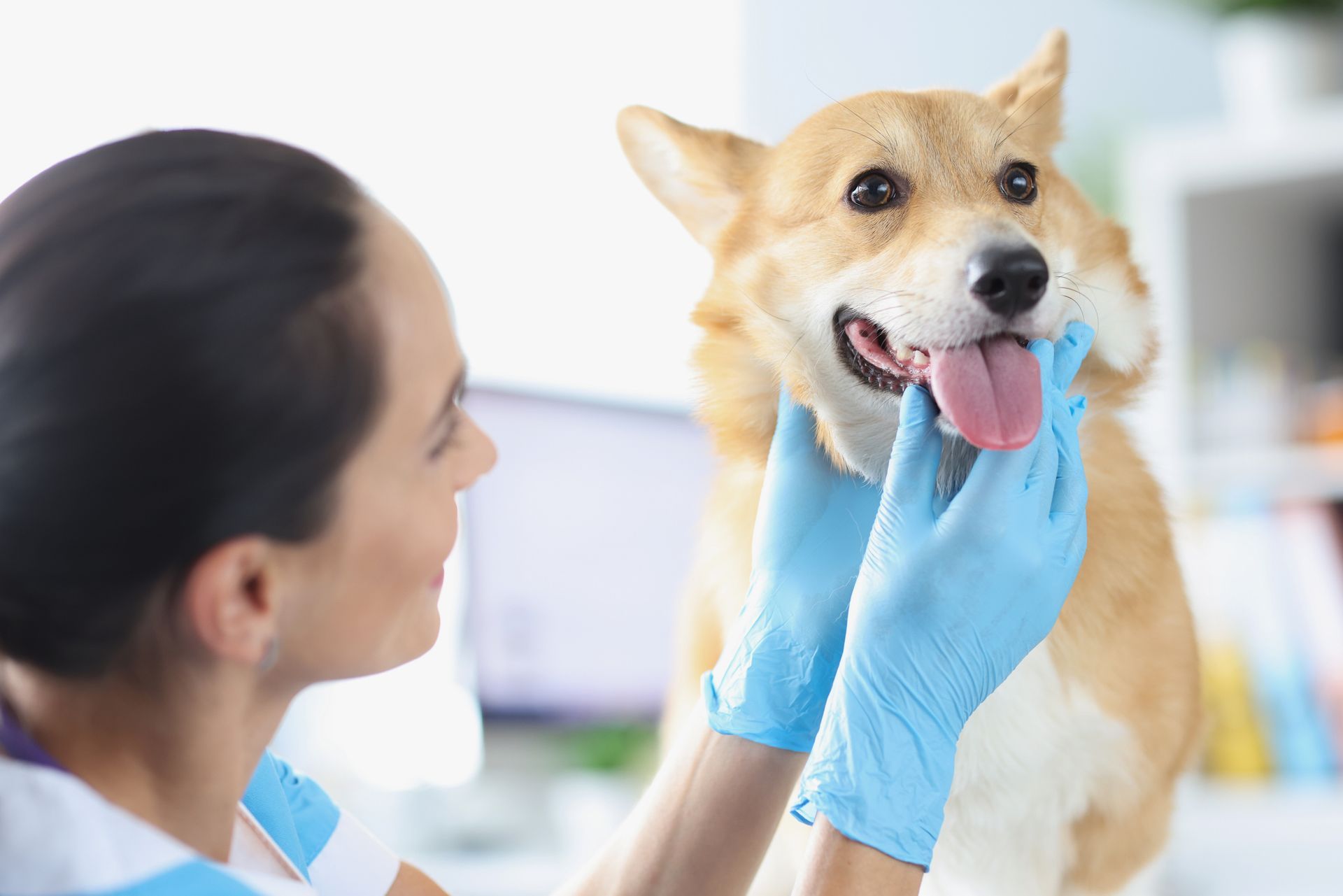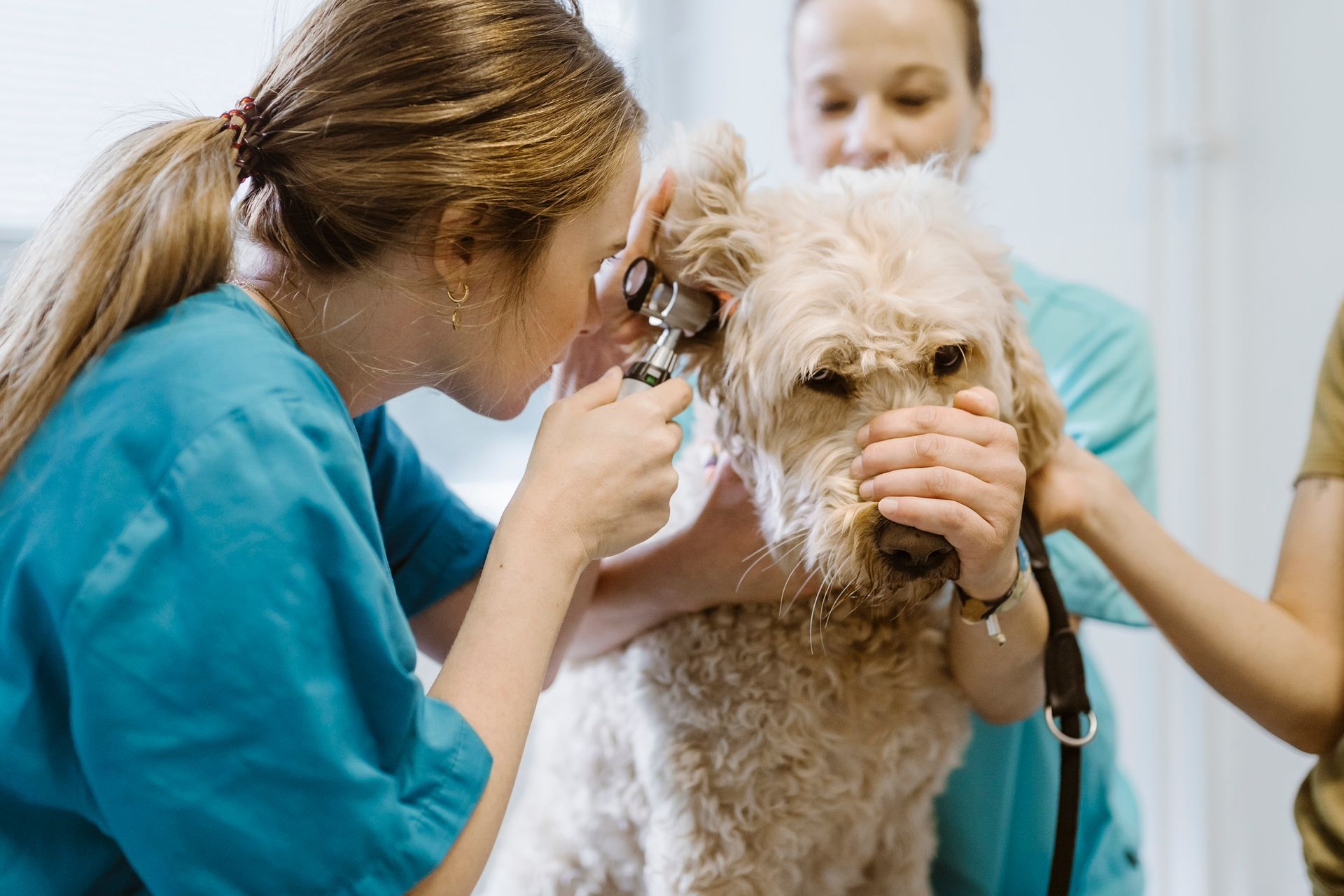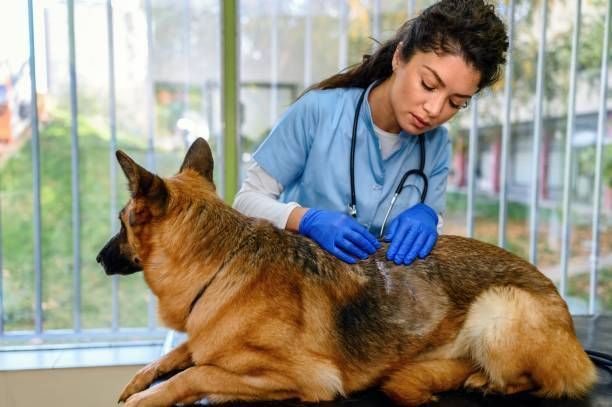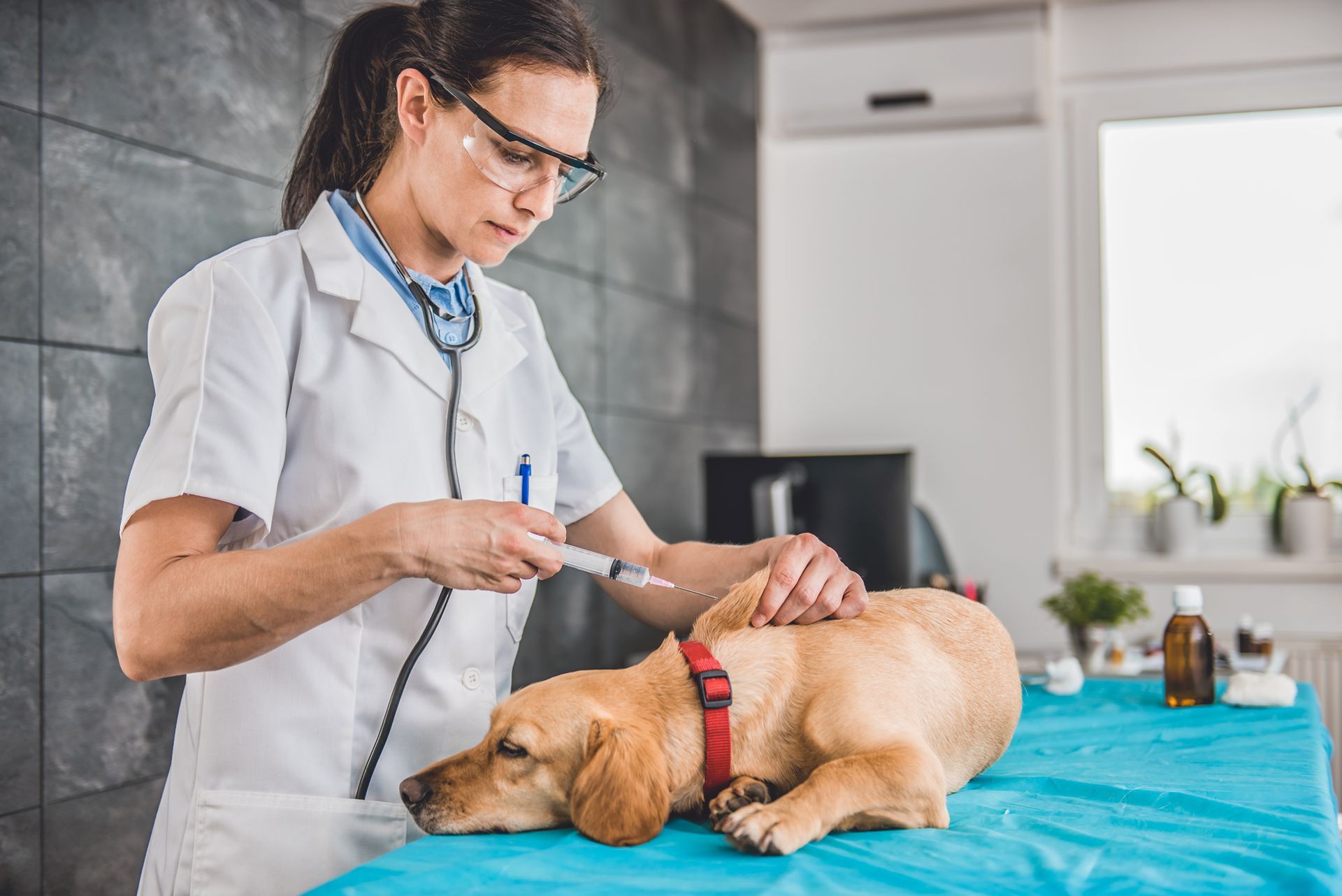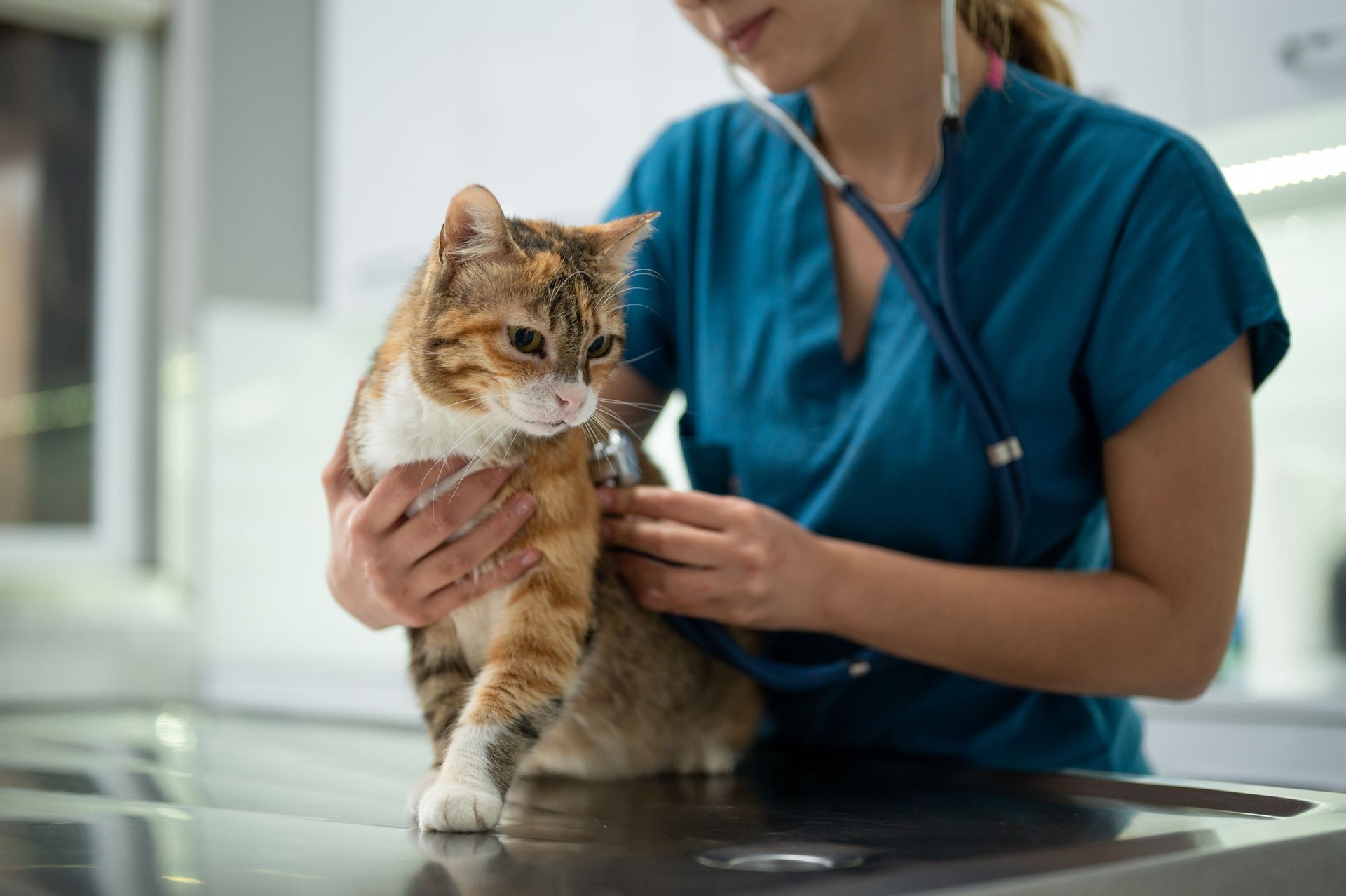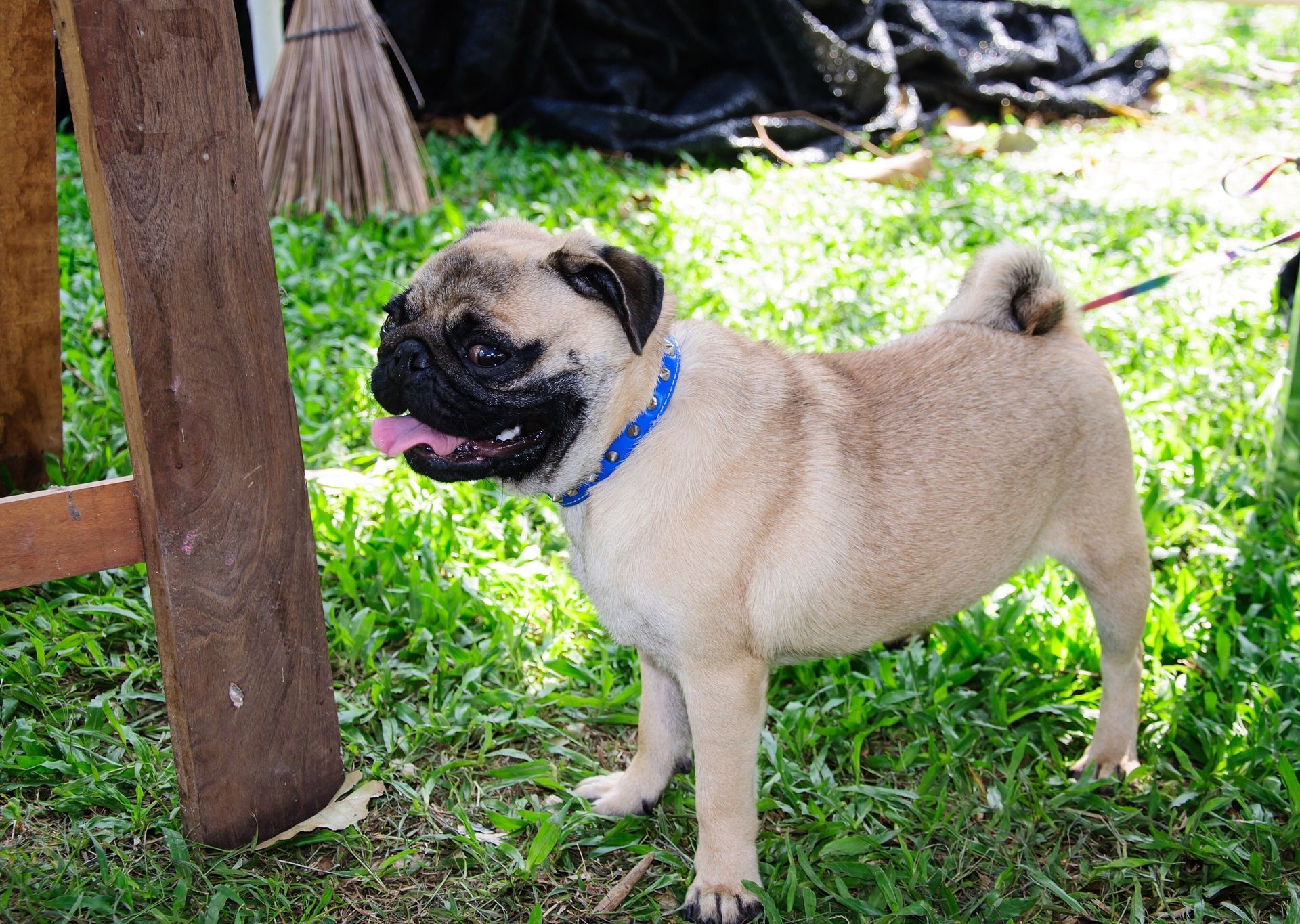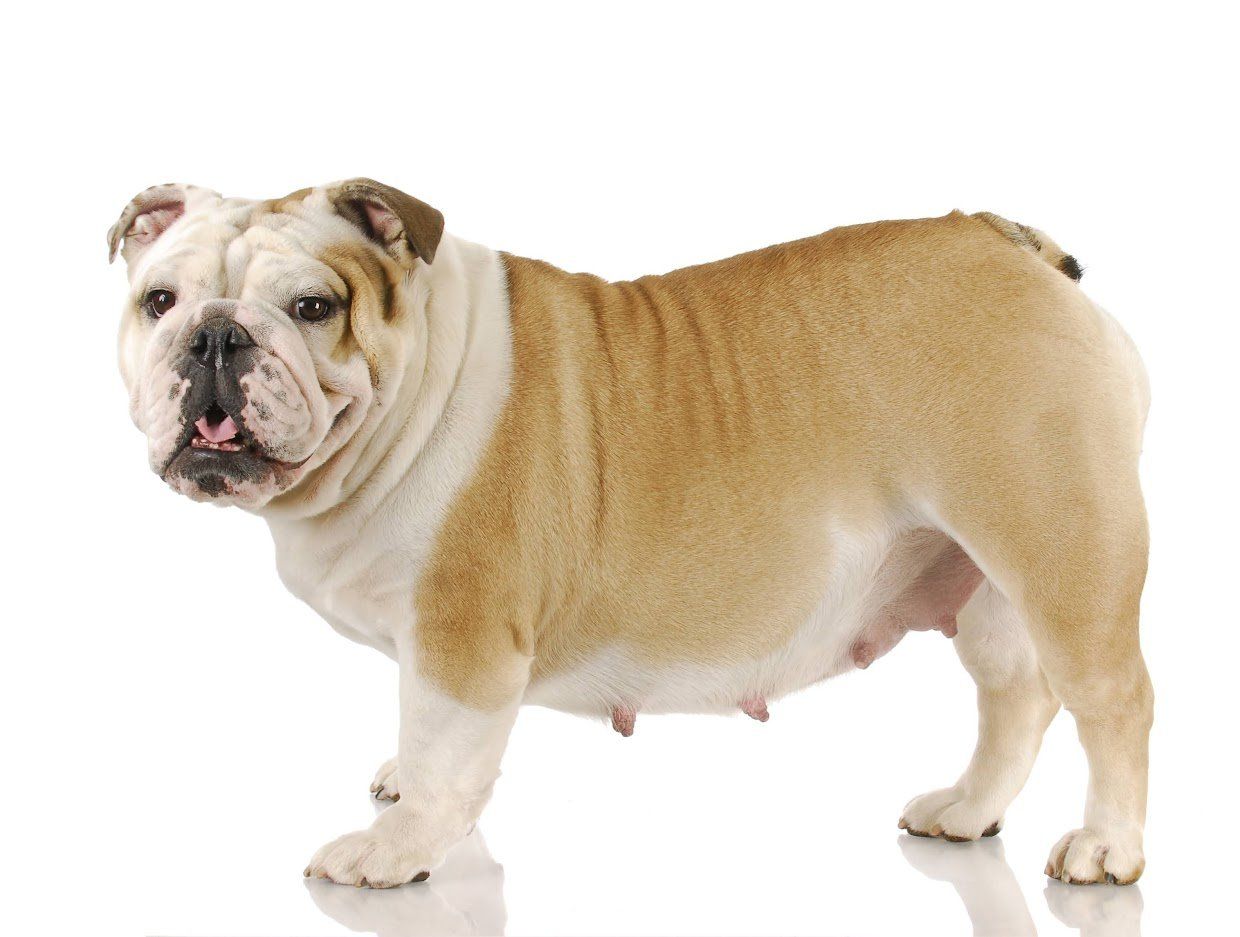Why Do Cats Vomit?
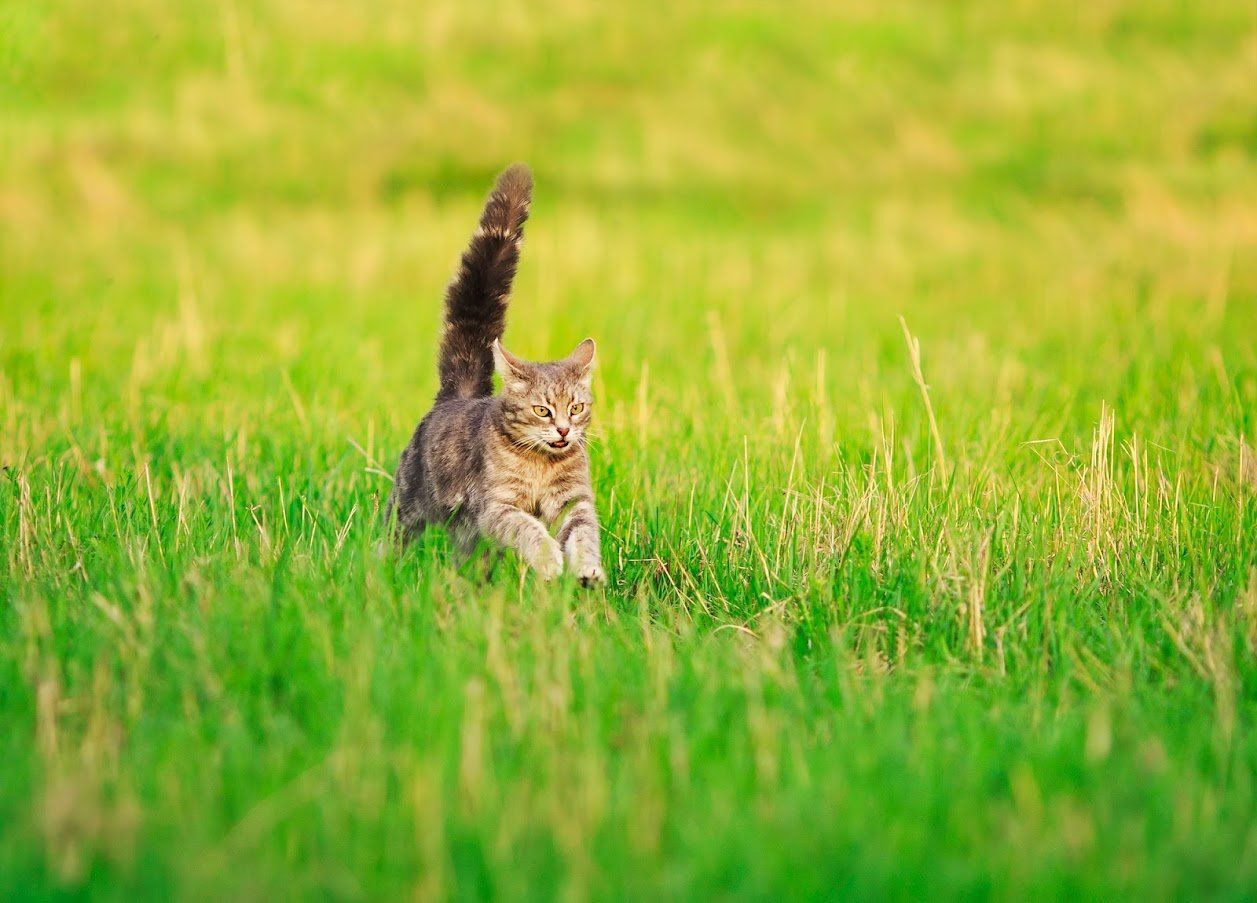
Cats vomit every once in a while, due to various reasons. Some of these causes may be serious, while others are not and may go away on their own. Nevertheless, if your cat vomits severely and frequently, you need to take your cat to a veterinary for diagnosis.
This article highlights four common reasons why your cat may vomit.
1. Hairballs
Cats are naturally clean animals, and they spend a lot of time grooming themselves. When a cat grooms itself, the hook-like structures on your four-legged friend's tongue pull out loose fur that passes down to the stomach.
When your cat swallows large volumes of fur, they accumulate in the stomach. After some time, the hairs will form hairballs since fur is not digestible.
Hairballs can make your cat throw up occasionally. However, if these hairs make your pet vomit regularly or are painful, you should get concerned.
To prevent hairballs in your cat, buy over-the-counter dietary supplements. Additionally, you may start brushing your cat regularly to get rid of loose fur. As a result, your cat will not swallow these hairs when grooming themselves.
2. Food Allergies
Some cats are allergic to certain foods, especially meat protein. These allergens cause inflammation in your kitty's digestive tract that may lead to vomiting. To know if your cat is allergic to certain foods, you need to observe your cat's behavior before and after eating.
Other signs of protein allergic reactions include:
- Itchy skin
- Diarrhea
- Bald patches
Once you notice these signs, take your furry buddy to the vet for proper diagnosis. If your vet believes that the cat suffers from food allergies, your cat may recommend commercial sensitive system foods.
However, if vomiting persists while on this diet, your vet may advise you to switch to a hydrolyzed protein diet. A hydrolyzed protein diet is simply processed food that contains broken-down proteins. Therefore, when your cat takes this food, your cat's immune system will not identify the proteins.
3. Eating Too Fast
Cats tend to eat too fast when bored or think their fellow cat is about to take their food. When your cat eats too quickly, they may regurgitate undigested food immediately after eating.
To slow down your cat when eating, you can feed them from a food puzzle toy. This toy can make feeding time more enjoyable. Instead of just putting the food in a feeding bowl, place small portions of food in the toy puzzle and let your cat solve the puzzle to get the food. Additionally, this toy provides your cat with the mental stimulation needs when feeding.
Other ways to slow down your cat when eating include changing your cat's menu regularly or giving your cat small food portions. If your cat still regurgitates after using these methods, you need to take your cat to a vet for examination.
4. Gastritis
If your cat eats food that they are not supposed to, it may irritate their stomach lining. The irritated stomach wall may swell and cause stomach pains. As a result, your cat may start vomiting undigested food. In serious cases, you may observe blood or bile in the vomit.
Sometimes, you can manage your cat's gastritis at home by feeding your cat with highly digestible food or in small amounts. If these symptoms persist, you need to visit a vet for a medical prescription.
Cleaning cat vomit can be annoying. Additionally, the gagging sound a cat makes when vomiting can be irritating. To avoid these issues, visit a veterinary to identify the reason why your cat vomits frequently. If you are looking for the best veterinary services, contact Baywood Animal Hospital.


